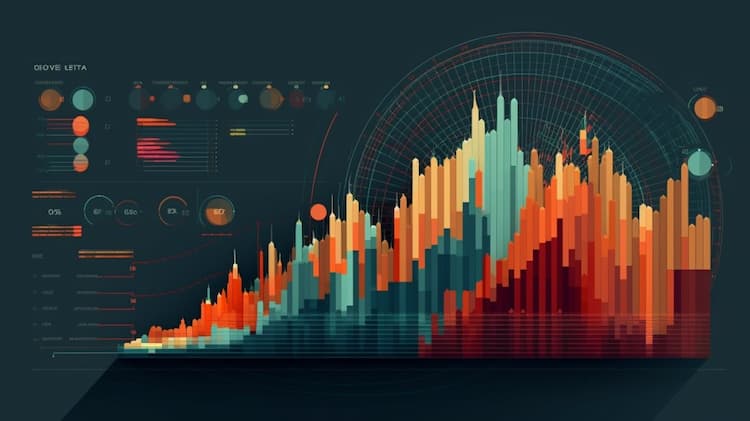
IBB Vs XBI: Sectors and Top Holdings
Exchange-Traded Funds (ETFs) have revolutionized the investment world, offering diversified exposure across various sectors and asset classes. In this article, we will conduct an in-depth comparison between two prominent ETFs: IBB (iShares Nasdaq Biotechnology ETF) and XBI (SPDR S&P Biotech ETF). By analyzing ETF tickers, full names, issuers, sectors, top holdings, capitalization, strategy, tracking, and exposure, we'll gain a comprehensive understanding of these investment vehicles.
IBB Vs XBI: Overview
IBB and XBI are both ETFs that focus on the biotechnology sector, but they have different approaches. IBB seeks to track the performance of the Nasdaq Biotechnology Index, which includes large-cap and mid-cap biotech companies. XBI, on the other hand, aims to replicate the performance of the S&P Biotechnology Select Industry Index, which includes a broader range of biotech stocks, including smaller companies.
IBB Vs XBI: Sectors and Top Holdings
The IBB ETF provides exposure to various biotechnology subsectors, including pharmaceuticals, biotechnology equipment, and life sciences tools. Its top holdings consist of biotech giants like Amgen, Gilead Sciences, and Regeneron Pharmaceuticals. XBI's focus on smaller biotech companies diversifies its holdings across a spectrum of drug developers and research firms. Understanding the sectors and top holdings of these ETFs aids investors in assessing their alignment with specific investment objectives.
 IBB overlap IBB VS XBI
IBB overlap IBB VS XBI
IBB Vs XBI: Capitalization and Strategy
IBB, with its concentration on large-cap and mid-cap biotech companies, reflects a relatively stable approach to investing in the sector. This approach often comes with a higher market capitalization. XBI's strategy, which extends to smaller biotech firms, carries more potential for growth, but also increased volatility. Evaluating the capitalization and strategy of these ETFs enables investors to tailor their choices to their risk tolerance and growth expectations.
IBB Vs XBI: Tracking and Exposure
The tracking methodologies of IBB and XBI shape their exposure to the biotech industry. IBB seeks to match the performance of its benchmark index through a blend of replicative and representative sampling techniques. XBI's focus on equal-weighting biotech stocks within its index diversifies exposure across companies of varying sizes. Understanding these tracking techniques is crucial for investors seeking a nuanced view of how each ETF performs in relation to its underlying index.
Conclusion
IBB and XBI provide distinct opportunities for investors to gain exposure to the dynamic biotechnology sector. As investors explore the holdings, correlations, and overlaps within these ETFs, a valuable tool comes into play: ETF Insider. This user-friendly app empowers investors to delve deeper into the intricacies of these financial instruments and others, facilitating informed decision-making.
Disclaimer: This article is for informational purposes only and does not provide investment advisory services.
Sources:
https://www.ssga.com/ XBI ETF issuer
https://www.ssga.com/us/en/intermediary/etfs/funds/spdr-sp-biotech-etf-xbi XBI ETF official page
IBB quote and analysis
Discover the top holdings, correlations, and overlaps of ETFs using our visualization tool.
Our app allows you to build and track your portfolio.
To learn more about the IBB iShares Biotechnology ETF, access our dedicated page now.
FAQ
Why is IBB better than XBI?
IBB may be considered better than XBI for some investors due to its specific focus, offering diversification.
Does XBI beat IBB?
XBI's performance relative to IBB will vary over time, depending on market conditions.
Should I invest in IBB or XBI?
The choice between IBB and XBI should align with your investment goals, risk tolerance, and desired exposure.
Are IBB and XBI good investments?
Both IBB and XBI can be suitable investments depending on individual investment strategies, goals, and risk profiles.
What is the correlation between IBB and XBI?
The correlation between IBB and XBI can vary over time, reflecting differences in performance.





